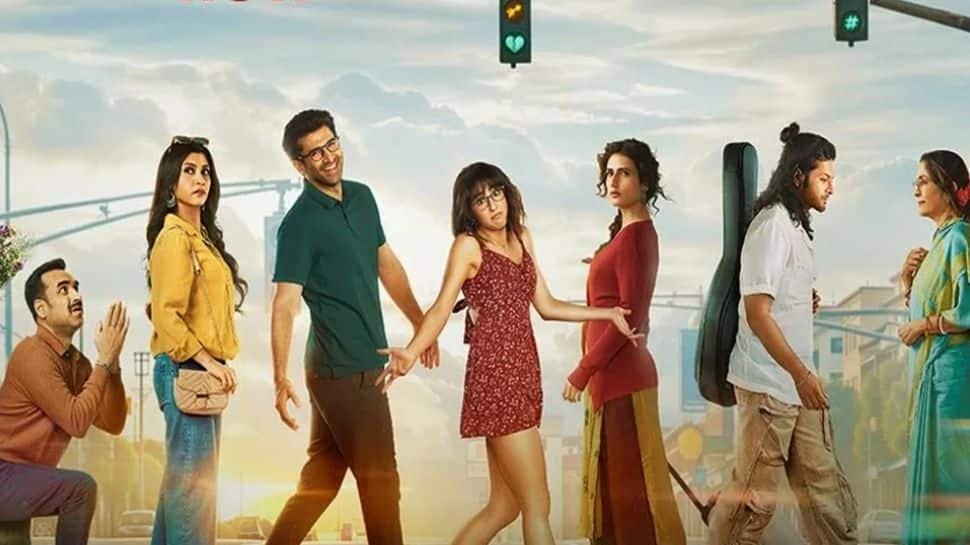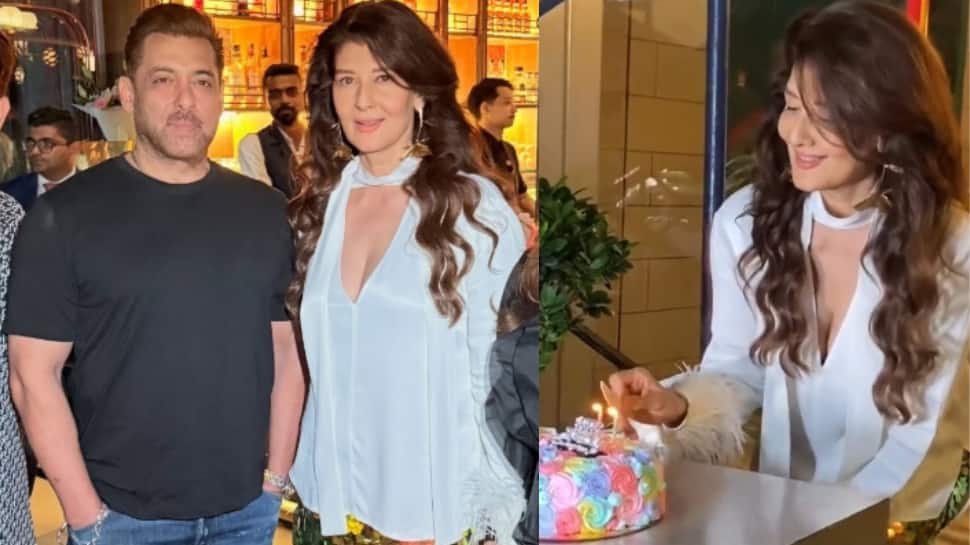“Na… this is not realistic,” were the first words out of my Bengali mother and aunt’s mouths after they finished watching Anurag Basu’s Metro… In Dino.
Anurag Basu is a true artist when it comes to delivering slices of life on the big screen. And for me, the Konkona Sen Sharma–Neena Gupta starrer was everything I had been waiting to see in Indian cinema.
Basu tells the interwoven story of three modern Bengali women like myself- navigating ‘life in a metro’, the expectations they have of themselves, their careers, families, and relationships — a little tired from the inside, yet life happens, and they keep making choices with their hearts in this over-calculative world.
Sorry if I give you spoilers — but if you’re expecting Metro… In Dino to be life-changing or a story that everyone can resonate with, then you’ve booked the wrong seats. However, what the movie does is represent the modern Indian woman — a little flawed, a little torn in dilemmas, fighting the old patriarchal mindset even while trying to fit into society’s expectations of being the “perfect” daughter, wife, and mother.
I asked my mother, “Keno?”
“Why didn’t you find it realistic?”
She said, “Can a woman really leave her husband, go stay with her ex-lover, and come back as if nothing happened?” — referring to one of the characters in the movie.
And oh, she was definitely not a fan of Pritam and the band appearing on screen every few minutes. While I just listened to her opinions, I thought but in the movie, the said character’s husband also had an affair. She adjusted. She stayed.
And that didn’t raise questions?
But the woman choosing herself even just for a few days did?
Here’s how I would defend the characters:
None of the women in the movie — Shivani, Chumki, Kajol, or even Shruti are perfect.
They have their own set of complexities, indecisiveness, and mistakes.
But watching them was a breath of fresh air because none of them were typecast as either the “pataka rebel” or the “naive, bhooli-bhaali ladki.”
Every character had their own nuance, and in my opinion, none of them are glorified. It simply shows women choosing themselves and their emotions at the end of the day even if it’s a little “wrong” or “scandalous” for society.
Another character I loved was Kajol. While we all love Pankaj Tripathi and his portrayal of Monty “Sisodia, Sisodia, Sisodia” (if you know, you know), Konkona plays a character many women can relate to: a woman who thinks she doesn’t want to become like her mother — adjusting, accepting her husband’s mistakes, forgiving — yet somehow ends up doing the same.
Just in that moment, I asked myself: is this how society works? Does the woman always have to adjust?
But thank God the character acted on her anger, chose herself over everything, even if it was just for a few days.
While many of us may have wanted her to forgive Monty for his attempt to cheat, I was happy she chose her ego. She realized the man might be worth giving another chance — but only after acting on all those complex emotions.
The character Chumki (played by Sara Ali Khan) is also a powerful example of how, even today, women are discriminated against — how even now, they may not be truly free from societal expectations.
She normalizes silence instead of confrontation, quietly enduring — until one day, it all bursts out. One day, you just have to show your emotions — not as a weakness, but as a result of having carried everything alone, even with partners, friends, and family around.
And while we’ve spoken enough about the three Bengali women, it’s not fair to leave out Fatima Sana Shaikh’s Shruti — a very apt portrayal of how women are not always supportive or happy in relationships despite loving their partners. Sometimes, no matter what, the woman has to make the harder choice — be it leaving her career for the couple to stay together, or aborting a child because the husband isn’t ready.
Shruti’s marriage and character are messy just like real life. Because honestly, who’s perfect? Who doesn’t face the dilemma of prioritizing family or career and doing so without guilt?
Be it Jhunuk (Darshana Banik), or Ahana Kumra’s Peehu — Basu’s women are allowed to mess up. They are multi-dimensional; they have a mind of their own even when society tries to shape it.
While my mother thought the movie had no plot, I believe it conveyed a very important story one that reflects our everyday lives.
At the end of it all, Metro… In Dino reminds us of something clichéd, yet essential: you have to fall in love with the same person again and again — even if that person is you, and even if it means forgiving your own mistakes.
(The opinions shared here are those of the author and do not reflect the views of Zee News.)




